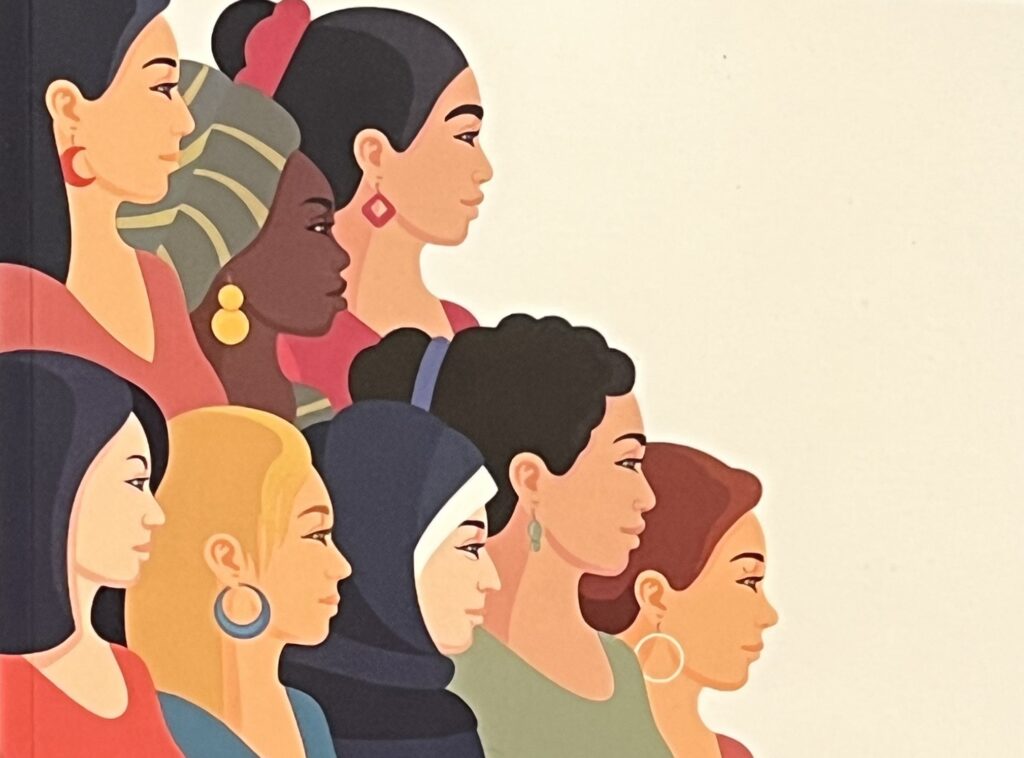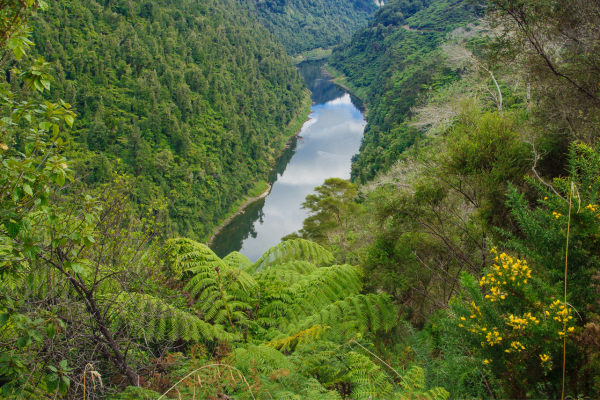We are facing a plethora of environmental emergencies. In addition to climate change, human activity is also negatively impacting the Earth’s soil and waterways through chemical pollution, urbanisation and the ever growing reach of industrial agriculture. At the same time, as glaciers melt and extreme weather events, like droughts and floods, become all too familiar, poverty and inequality continue to increase. At the root of these environmental and social problems is a global economic model based on never-ending growth at any price.
This polycrisis is not a distant threat, it is already impacting the lives of Italian citizens and should make all of us pause. COVID, climate change and the Ukrainian invasion have helped us understand what matters in life: health, community, nature, a stable income, culture and a peaceful future. In short, wellbeing for all. Yet, our economies are not being re-programmed in line with these needs.
In 1970, led by the Italian industrialist Aurelio Peccei, the Club of Rome held its first meeting. Thinkers and scientists came together to discuss what Peccei termed the modern “predicament of mankind”. Two years later, the Club’s first major report, The Limits to Growth, was published. It challenged the idea that continuous material growth and the pursuit of endless economic expansion were compatible with the Earth’s resources and human wellbeing.
These warnings went largely unheeded during the remainder of the twentieth century, but as the realities of climate change and social inequality hit home, some leaders and countries are starting to encourage a new type of economics focused on well-being, rather than growth. Nations led by women, such as Jacinta Arden in New Zealand and Nicola Sturgeon in Scotland, have been at the forefront of this transformation.
Incremental change in a handful of small countries will, however, not prevent climate catastrophe or reduce societal inequalities in Europe and between richer and poorer nations. Instead we need wholesale societal change that can better protect and restore nature, and bring about prosperity for the many. Earth for All: A Survival Guide for Humanity, the latest report published by the Club of Rome in September 2022, details how to achieve this goal.
The report’s authors — scientists, economists and political thinkers from around the world — single out five extraordinary “turnarounds” to make this vision reality: ending poverty, addressing inequality, reaching gender equity, transitioning to clean energy and making food systems healthy for people and the planet. These turnarounds are the minimum requirements for our societies to build economies that support wellbeing for all and protect the environment. The investment needed would be, according to our analysis, just 2-4% of global income per year.
Earth4All also makes clear the interconnectedness of these “turnarounds” and that success hinges on tackling them together at the same time. Wealth redistribution is necessary, for example, to rebuild the trust in democratic systems essential for governments to engender the broad political support needed to take bold decisions. Likewise, reducing our use of natural resources will benefit the environment and will increase global stability and security by diminishing the potential for conflict and wars.
Italian Prime Minister Georgia Meloni has said her government believes in a “pragmatic approach” to the green transition. In a recent climate risk study, Veneto was singled out as one of the European regions most at risk from extreme weather because of climate change. Flooding in the region in 2019 caused over a billion euros in damage. Likewise, Milan and Venice were named as notable cities most likely to suffer significant damage from climate change by 2050.
Under Meloni’s leadership, Italy could become one of the first major economies to adopt a wellbeing economy. Instead of following in the footsteps of male predecessors and relying on fossil fuels or industrial agriculture, Meloni should look elsewhere for inspiration, adopting low-carbon and efficient energy and food systems. The Prime Minister can, and should, use her power to introduce a new economic paradigm that will reduce Italy’s vulnerability to the impacts of climate change, create jobs and offer greater prosperity for all Italians.



